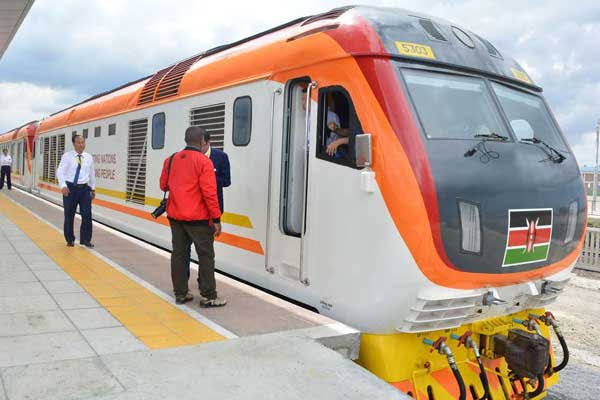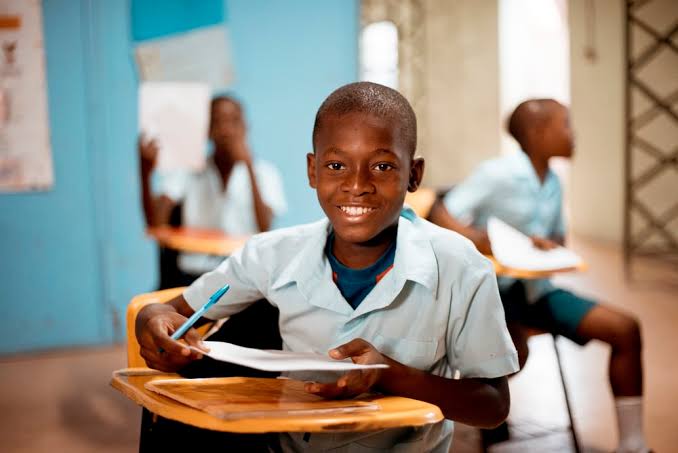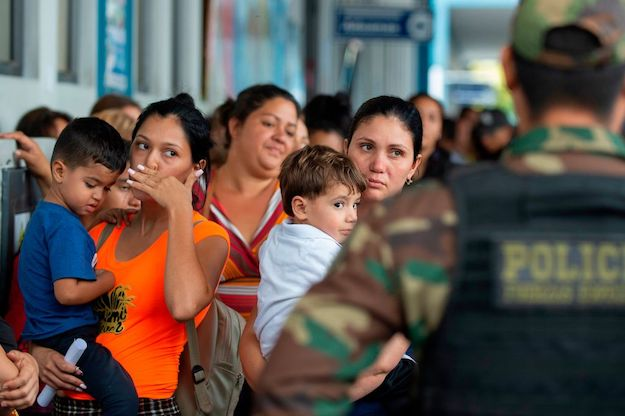
Avellon Williams
TRINIDAD AND TOBAGO- A UN report released on Wednesday revealed that many Venezuelan refugees and migrants in Latin America and the Caribbean have had difficulty rebuilding their lives and integrating into society due to spiraling living costs, the fallout from COVID-19 pandemic, and high unemployment rates.
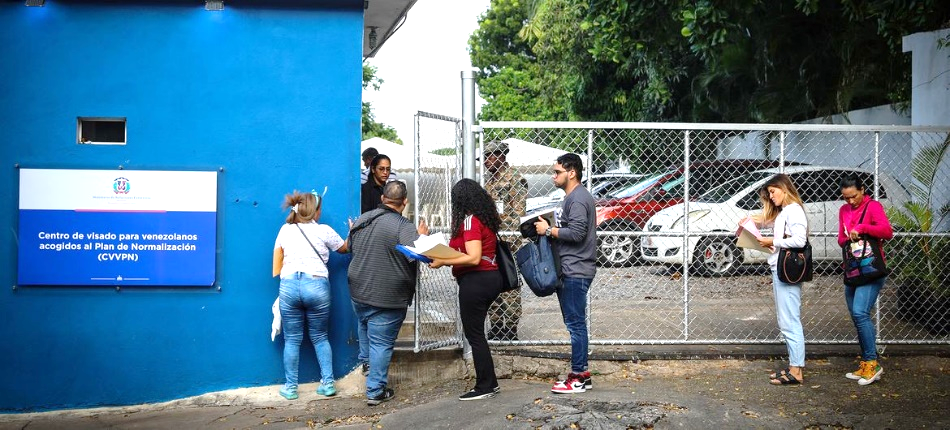
In a Refugee and Migrant Needs Analysis (RMNA) conducted by UNHCR and its migration agency, IOM, it is estimated that 4.3 million people face difficulties accessing food, housing, and sustainable employment.
More than 190 partners collaborated on the report, developed by the Coordination Platform for Refugees and Migrants from Venezuela (R4V).
Eager to contribute – “Many Venezuelans have already started sharing their knowledge and skills with the communities which have so generously welcomed them. ” Eduardo Stein, UNHCR and IOM Joint Special Representative for Refugees and Migrants from Venezuela, said.
“But they won’t be able to continue if they are not given an opportunity to integrate effectively.”
According to the latest data, more than 7.1 million Venezuelan refugees and migrants are scattered around the world. Over 80 percent live in Latin American and Caribbean countries.
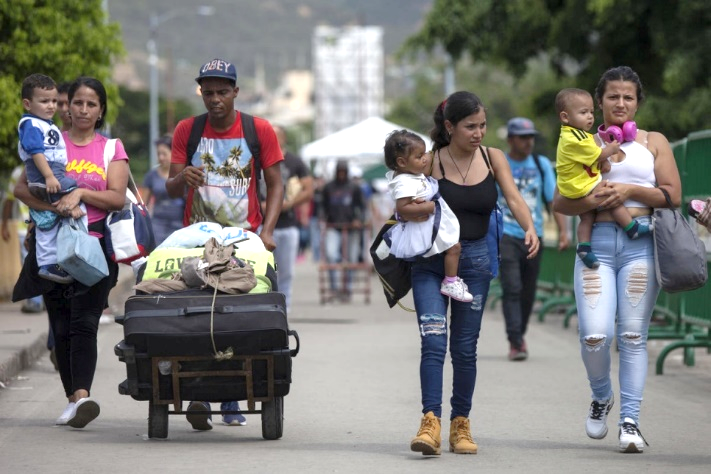
Hunger and ‘survival sex’- Although regularization and documentation efforts in the region have made significant progress, the report shows increased humanitarian needs that highlight the need for enhanced protection, access to services, and job opportunities.
More than half of Venezuelan refugees and migrants do not have access to safe and dignified housing and cannot afford three meals a day. Just to eat or avoid living on the streets, many resorts to “survival sex,” begging, and indebtedness.
According to the report, extremely low salaries also make it difficult for workers to support their families. The Venezuelan population in Ecuador lives below the poverty line in a staggering 86 percent of cases, while Venezuelans in Chile live below the poverty line in a staggering 13 percent of cases.
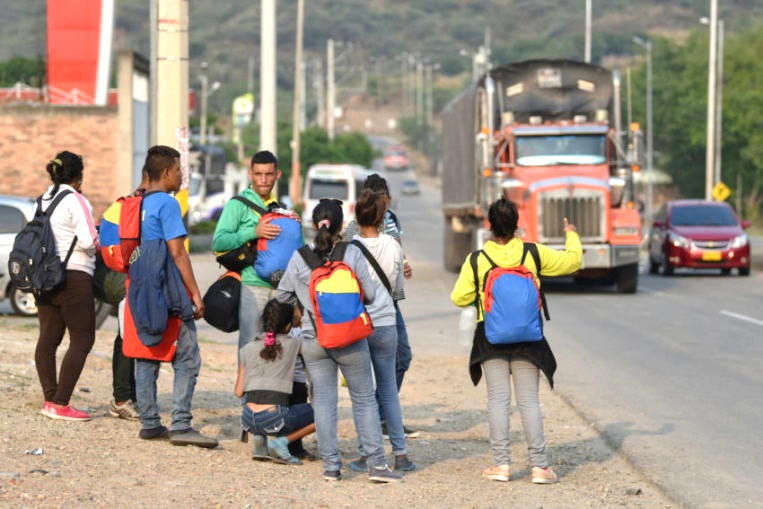
Learning difficulties- Despite schools being back in session, many Venezuelan migrants and refugee children face multiple barriers to accessing education, mostly because of a lack of enrollment slots.
Around 30 percent of Colombian refugees between the ages of six and 17 do not go to school because their parents cannot afford to pay for the fees and materials. There are similar problems in the Caribbean islands of Aruba and Curaçao, where parents are burdened with high insurance, transportation, and school material costs.
Further, the study revealed that some Venezuelans are fleeing their homeland to seek a better life elsewhere due to the lack of documentation, livelihoods, and prospects for integration. Many people take dangerous irregular routes, thereby putting their lives at risk.
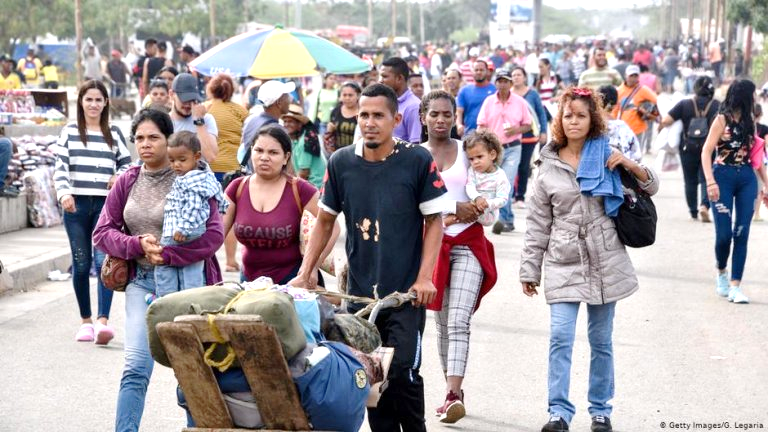
International support needed – “There are numerous humanitarian crises around the world, and Venezuelans and their host communities shouldn’t be forgotten,” Stein said.
Aside from commending governments for opening their borders, he called for greater action.
“As a result of establishing regularization initiatives and improving access to health, education, and other social services, hosts have shown continued leadership,” he said.
“Regularization, however, is only the first step towards integration and must be followed by policies that allow refugees and migrants to become self-sufficient. There is an urgent need for international support.”


